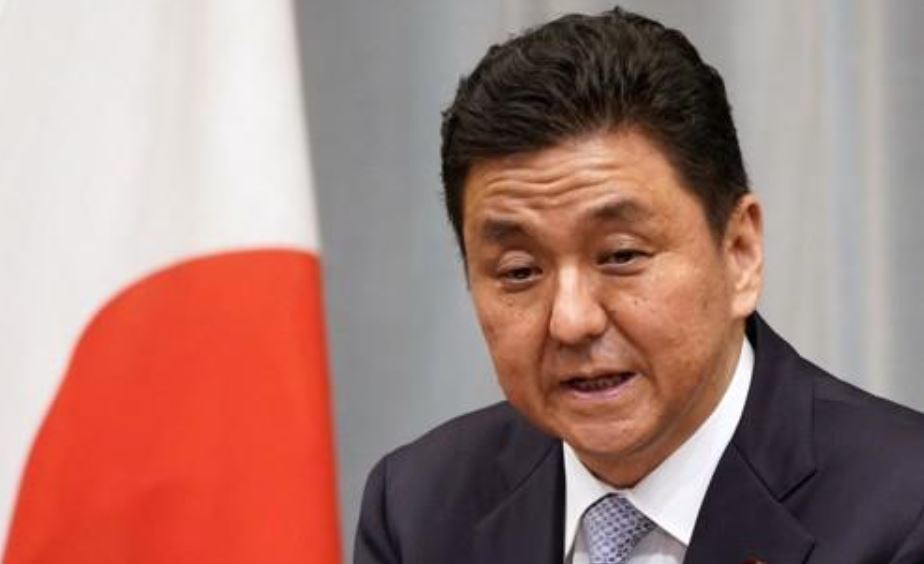Foreign ministry summons Japanese diplomat over Yasukuni visit by defense minister
By YonhapPublished : Aug. 13, 2021 - 20:37

The foreign ministry called in a senior Japanese diplomat on Friday to protest Japanese Defense Minister Nobuo Kishi's visit to a war shrine in Tokyo seen as a symbol of Japan's past militarism.
Lee Sang-ryeol, director general for Asia Pacific affairs, lodged a stern protest when he met with Naoki Kumagai, deputy chief of mission at the Japanese Embassy in Seoul, the ministry said in a release.
Kishi, along with Yasutoshi Nishimura, economic and fiscal policy minister, visited the controversial Yasukuni Shrine earlier in the day to pay respects to the war dead, according to Japanese news outlets.
Lee told Kumagai that it is "deplorable" that Kishi has visited the shrine that "honors the war criminals and beautifies the colonial past and wars of aggression."
Lee said that the visit amounts to damaging the trust between South Korea and Japan, urging the Japanese leadership to squarely face history and show by action their genuine atonement for past wrongdoings.
South Korea's defense ministry also expressed deep concern and regret over Kishi's visit to the Yasukuni Shrine, saying that it came despite Seoul's repeated calls for the two countries to work together in generating a "future-oriented" way forward for their bilateral ties while looking squarely at the dark history.
"It is really deplorable that Defense Minister Kishi went ahead with the visit to the Yasukuni Shrine that beatifies Japan's past colonial invasion and war of aggression and enshrines war criminals," the ministry said in a message sent to reporters.
Yasukuni Shrine honors Japan's war dead, including 14 Class A war criminals. Visits to the shrine by Japanese leaders have drawn strong condemnation from Asian neighbors, including South Korea, as they suffered from Japanese aggression in the early to mid-20th century and view such visits as an attempt to beautify the country's militaristic past. (Yonhap)


![[AtoZ into Korean mind] Humor in Korea: Navigating the line between what's funny and not](http://res.heraldm.com/phpwas/restmb_idxmake.php?idx=644&simg=/content/image/2024/04/22/20240422050642_0.jpg&u=)
![[Exclusive] Korean military set to ban iPhones over 'security' concerns](http://res.heraldm.com/phpwas/restmb_idxmake.php?idx=644&simg=/content/image/2024/04/23/20240423050599_0.jpg&u=20240423183955)



![[Graphic News] 77% of young Koreans still financially dependent](http://res.heraldm.com/phpwas/restmb_idxmake.php?idx=644&simg=/content/image/2024/04/22/20240422050762_0.gif&u=)
![[Herald Interview] Why Toss invited hackers to penetrate its system](http://res.heraldm.com/phpwas/restmb_idxmake.php?idx=644&simg=/content/image/2024/04/22/20240422050569_0.jpg&u=20240422150649)






![[Exclusive] Korean military to ban iPhones over security issues](http://res.heraldm.com/phpwas/restmb_idxmake.php?idx=652&simg=/content/image/2024/04/23/20240423050599_0.jpg&u=20240423183955)



![[Today’s K-pop] Ateez confirms US tour details](http://res.heraldm.com/phpwas/restmb_idxmake.php?idx=642&simg=/content/image/2024/04/23/20240423050700_0.jpg&u=)